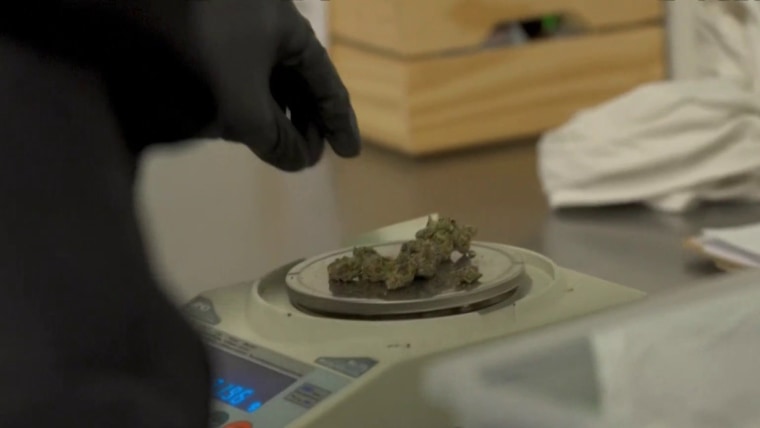DETROIT — When Michigan legalized recreational marijuana, Detroit’s leaders set out to ensure that the city’s residents could share in the profits.
They passed one of the nation’s most ambitious “social equity” laws, intended to help the Black and Hispanic communities that paid the steepest price from the war on drugs participate in the lucrative industry.
But more than two years after legalization in Michigan, even as marijuana entrepreneurs are thriving in Detroit’s suburbs, the city itself has become a cannabis dead zone. Its first recreational marijuana law was blocked last year by a federal judge over a provision that set aside licenses for longtime Detroiters. A second law, enacted last month, was hit this week by another lawsuit, throwing its future into question.
The resulting delay has meant that Detroit’s would-be cannabis entrepreneurs — the very people the city set out to help — are left watching and waiting as their suburban competitors get an edge.




 Breaking Through: Cannabis Science Hits a Turning Point
Breaking Through: Cannabis Science Hits a Turning Point Middletown Buzz: Cannabis Dispensary Proposal Pulls Out of Historic Downtown Project
Middletown Buzz: Cannabis Dispensary Proposal Pulls Out of Historic Downtown Project Norwalk Police Raid Smoke Shop, Seize Marijuana & Nitrous Oxide
Norwalk Police Raid Smoke Shop, Seize Marijuana & Nitrous Oxide Connecticut’s Cannabis Equity Council Relaunches $36M “Reimagine & Revitalize” Grant Program
Connecticut’s Cannabis Equity Council Relaunches $36M “Reimagine & Revitalize” Grant Program